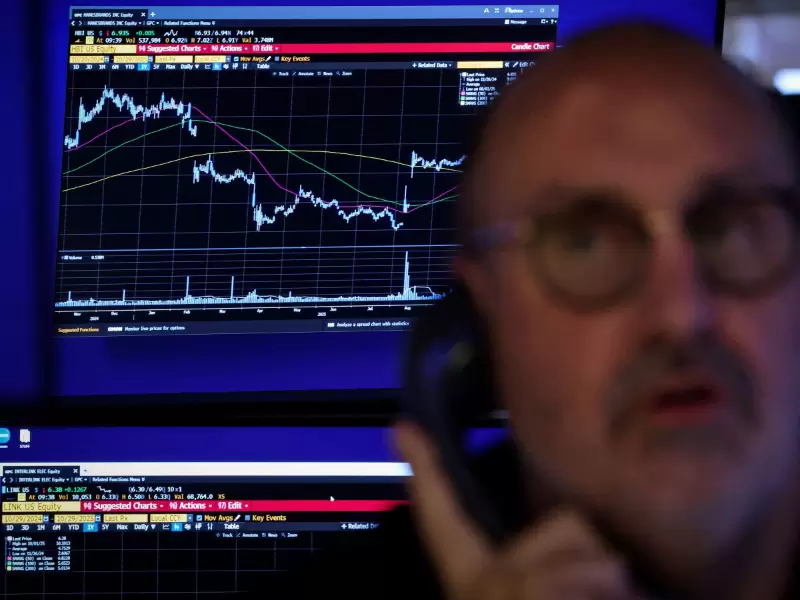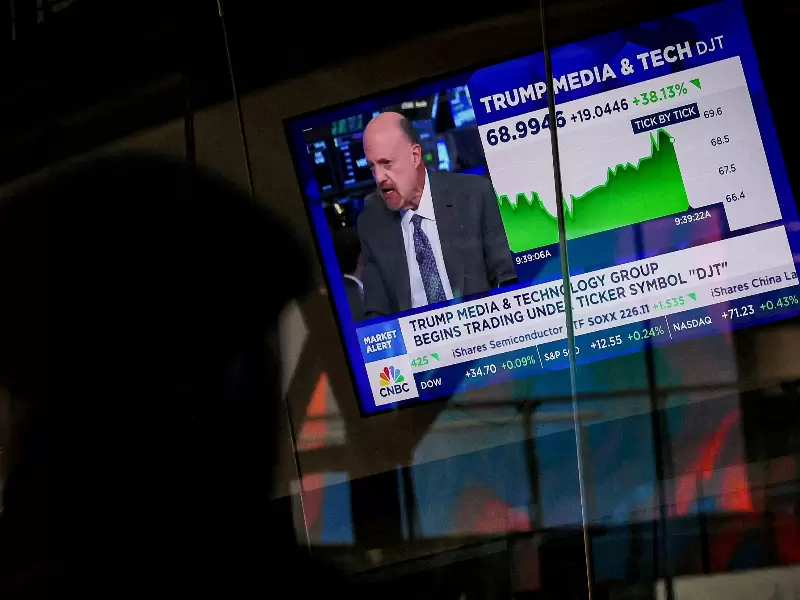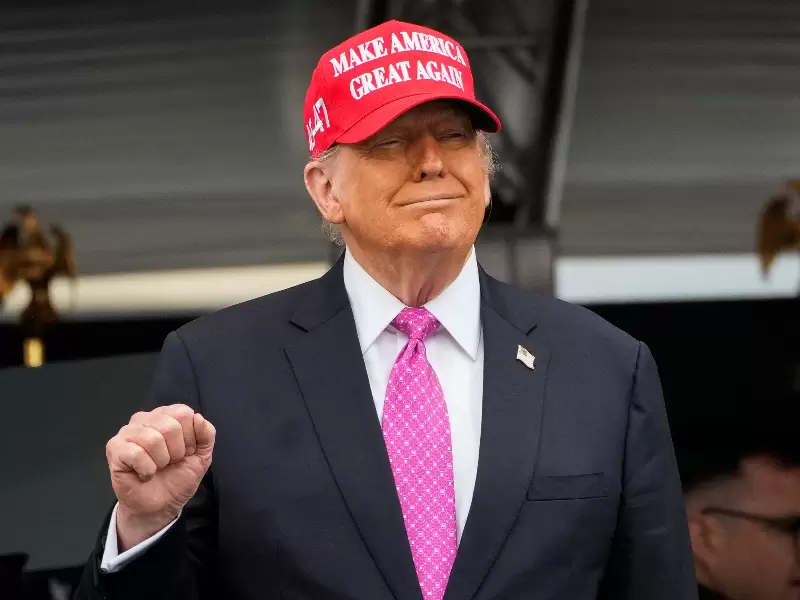US stock futures rise on hopes of end to government shutdown
In a procedural vote on Nov. 9, senators advanced a House-passed bill that will be amended to fund the government until Jan. 30, 2026.
 FILE PHOTO: A trader works on the floor at the New York Stock Exchange (NYSE) in New York City, U.S., October 29, 2025. / REUTERS/Brendan McDermid/File Photo
FILE PHOTO: A trader works on the floor at the New York Stock Exchange (NYSE) in New York City, U.S., October 29, 2025. / REUTERS/Brendan McDermid/File Photo
U.S. stock index futures advanced on Nov. 10 following signs of progress in Washington to end a record U.S. government shutdown that has stalled economic data releases and intensified concerns over the state of the economy.
In a procedural vote on Nov. 9, senators advanced a House-passed bill that will be amended to fund the government until Jan. 30, 2026. If the Senate eventually passes the amended measure, it still must be approved by the House of Representatives and sent to President Donald Trump for his signature, a process that could take several days.
"The interplay between government shutdown risks, heavy Treasury issuance, and fading foreign demand for U.S. assets has created a fragile liquidity backdrop," said Bob Savage, head of markets macro strategy at BNY.
Also Read: US judge temporarily blocks Trump move for states to 'undo' food aid benefits
"If the U.S. government reopens smoothly and the Fed signals readiness to stabilize liquidity, risk appetite could recover, particularly in quality growth and AI-linked productivity stories."
Wall Street's main indexes ended last week with steep declines, with the Nasdaq suffering its worst week in more than seven months as worries about the labor market and tech sector valuations dampened risk appetite.
At 07:00 a.m. ET, Dow E-minis were up 213 points, or 0.45 percent; S&P 500 E-minis were up 65.25 points, or 0.97 percent; and Nasdaq 100 E-minis were up 378.25 points, or 1.49 percent.
The CBOE Volatility Index eased 0.44 points to 18.64, retreating from a three-week high touched on Nov. 7.
The longest federal shutdown in history left both the Federal Reserve and traders in the dark without official economic readings and reliant on private economic indicators, which provided a mixed picture of the labor market.
The shutdown has also weighed on the U.S. economy, with federal workers going unpaid, and White House economic adviser Kevin Hassett said in an interview that fourth-quarter U.S. economic growth could be negative if the closure continues.
On the betting website Polymarket, predictions for an end to the shutdown this week stood at 86 percent.
Most tech stocks were higher in premarket trading, with AI bellwether Nvidia gaining 3.2 percent, while Alphabet and Meta Platforms added 2.1 percent and 1.7 percent, respectively.
Other chipmakers also rose, with Qualcomm and Intel up 1.6 percent and 2.1 percent, respectively. Broadcom gained 2.7 percent, and Micron Technology was up 5.2 percent.
Optimism around artificial intelligence has fueled a bull run in U.S. stocks this year, but concerns around the monetization of the technology and circular spending within the sector drove a bout of selling in tech stocks last week.
Meanwhile, the earnings reporting period for the third quarter is approaching its conclusion. Of the 446 S&P 500 companies that have reported, 83 percent have delivered better-than-expected earnings, according to data compiled by LSEG.
Venture Global jumped 7.4 percent after the LNG exporter swung to a profit in the third quarter.
Among other stocks, Metsera slumped about 15 percent after Pfizer won a $10 billion bidding war to acquire the company.
Shares of health insurers dropped after Trump on Nov. 8 urged Republicans to redirect federal money that currently goes to health insurance companies under the Affordable Care Act and send it directly to individuals.
Centene fell 8.2 percent, and UnitedHealth lost 1.8 percent.
ADVERTISEMENT
ADVERTISEMENT
E Paper
Video




 Reuters
Reuters












Comments
Start the conversation
Become a member of New India Abroad to start commenting.
Sign Up Now
Already have an account? Login